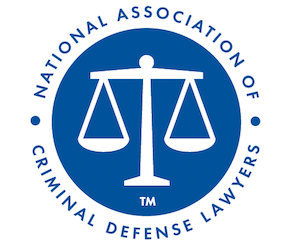What if the Government Fails to Preserve, or Destroys, Digital Evidence During an Investigation?

Given the proliferation of data storage devices, ranging from computers and cell phones, to Fitbits and gaming systems, it should come as no surprise that criminal investigators often focus on securing digital evidence from these devices. Law enforcement utilizes a variety of methods to secure digital evidence, including extracting data, or making a forensic copy of the data from a device. When evaluating the integrity and thoroughness of the investigation, it is important for the defense attorney to consider not only what digital evidence was secured, but also any digital evidence that may have been left uncollected or unpreserved.
Due Process
The United States Supreme Court has ruled that the Due Process Clause of the Fourteenth Amendment to the United States Constitution protects an accused from being convicted of a crime when the government fails to preserve materially exculpatory evidence or destroys, in bad faith, potentially useful evidence. California v. Trombetta, 467 U.S. 479, 489, 104 S.Ct. 2528, 81 L.Ed.2d 413 (1984); Arizona v. Youngblood, 488 U.S. 51, 58, 109 S.Ct. 333, 102 L.Ed.2d 281 (1988). Evidence is constitutionally material when it possesses “an exculpatory value that was apparent before the evidence was destroyed, and [is] of such a nature that the defendant would be unable to obtain comparable evidence by other reasonably available means.” Trombetta, 467 U.S., at 489.
Failing to Preserve Digital Evidence
Whenever law enforcement fails to preserve digital evidence in a case, an inquiry should be made in order to determine whether the failure constituted a due process violation. When it comes to data storage devices, it is often the case that law enforcement’s failure to properly preserve the evidence will prevent a defendant or suspect from being able to conduct an independent forensic examination to prepare for trial and present a defense. Further, if the unpreserved evidence was potentially useful, a hearing should be held to determine whether law enforcement exhibited bad faith in failing to protect and preserve the data, or a complete forensic copy of the same.
Motion to Preserve
If you have case involving digital evidence, or evidence from the Internet or an online source, it is important to determine whether the evidence was properly secured and preserved. Further, it may be appropriate for counsel to file a motion to preserve certain evidence to bolster the argument in the event evidence is destroyed, misplaced or corrupted. Attorney Ron Frey and The Frey Law Firm have a great deal of experience representing individuals, companies and organizations in criminal investigations that involve digital evidence and Internet related crimes.
If you have a question pertaining to an issue involving digital evidence or a computer crime, please call The Frey Law Firm for a free initial consultation.





